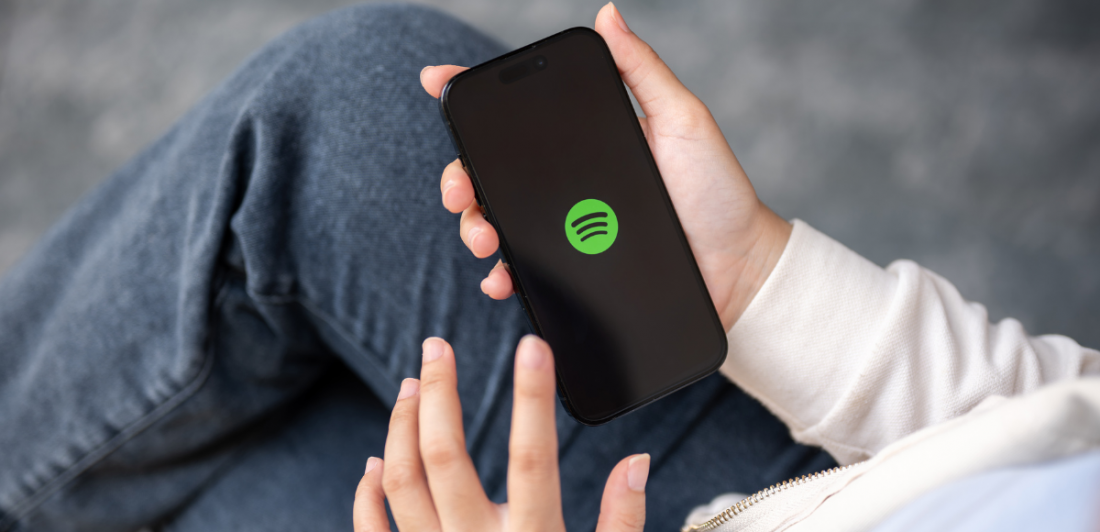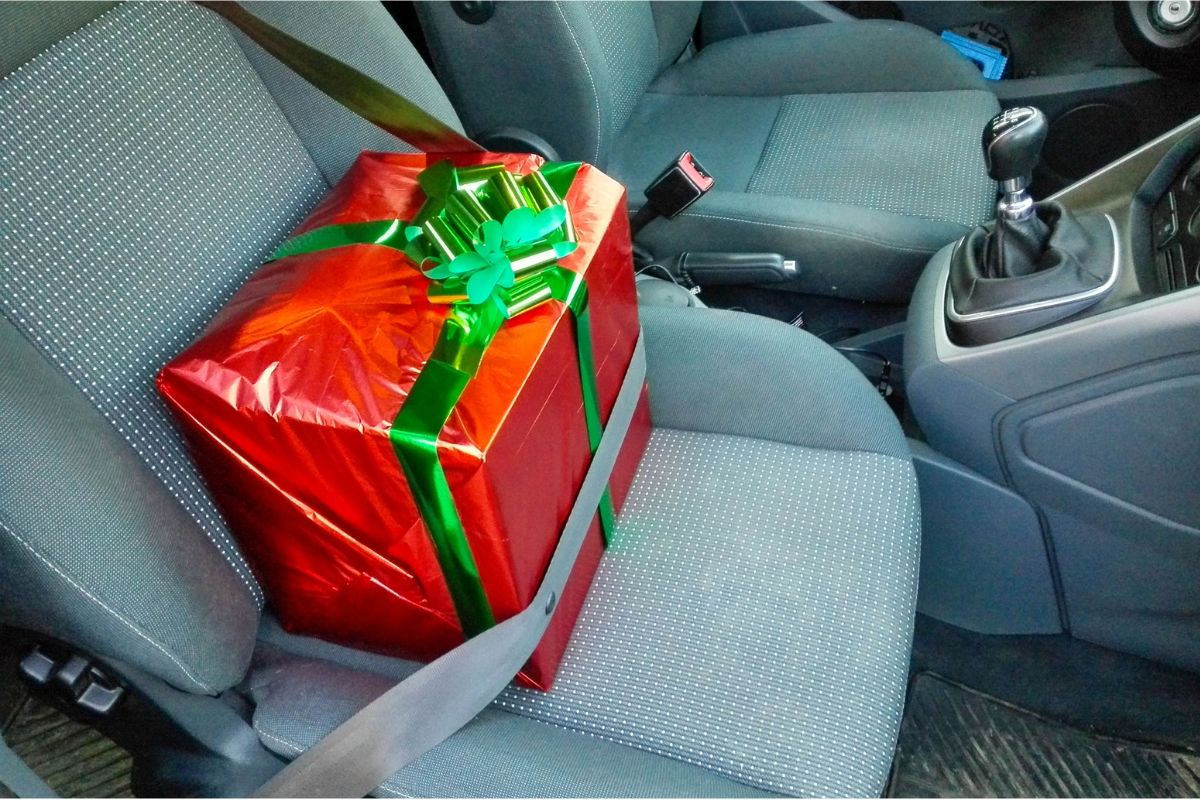Spotify has spent the last couple of weeks scrambling to cover up that it was a conduit for buying drugs. The company has removed dozens of drug fronts masquerading as podcasts. Users could search “Adderall” on the audio streaming giant’s podcast page and find health shows about ADHD, addiction recovery and even comedy shows where hosts joke about using the medication. Users could also come across fake Spotify podcasts directing users on how to purchase drugs from dangerous and illegal online pharmacies in the description box.
According to a CNN report, the intention of these pages is obvious from their names. These podcasts have titles such as “My Adderall Store,” which uses episode descriptions to send users to sell Adderall, Oxycodone, Vicodin and other drugs. The CNN review found it listed in the first 50 suggested results on Spotify.
Further, the news organization reportedly identified dozens of fake podcasts across Spotify advertising the sale of medications from Methadone to Ambien. These drugs require a prescription. Many of these drugs require a prescription in the United States.
A Platform Problem, Not a One-Off
This wasn’t a case of one or two bad actors slipping through the cracks. With more than 200 fake podcasts found in a journalistic investigation, even the U.S. Senate is demanding answers from Spotify. These so-called podcasts weren’t really podcasts at all. They had no episodes and no actual audio. Just a podcast “title,” a fake episode description, and a link to buy prescription drugs illegally. In essence, they functioned as digital billboards for drug dealers, and Spotify facilitated the deals.
Spotify can’t blame an algorithm error for this; it was a failure to monitor the content on its platform.
The Rise of Fake Health Podcasts on Spotify
When people searched for medication-related terms, especially ones tied to mental health, they were sometimes met with black-market access disguised as mental health resources.
The root of fake Spotify podcasts intersects with the following issues:
- Open podcast infrastructure. Spotify’s platform allows anyone to submit a podcast via RSS feed with minimal upfront vetting. Unlike YouTube, which scans video content for violations, or Facebook, which relies on content moderation teams and AI flagging, Spotify’s podcast ecosystem has largely operated on an honor system, which made it fertile ground for abuse.
- Keyword exploitation. Bad actors began naming their fake podcasts after high-search medications like “Adderall,” “Oxycodone,” or “Xanax.” By packing episode descriptions with pharmacy-related terms and calls to action, they gamed Spotify’s search algorithm to appear in top results. A user searching “Adderall ADHD podcast” might be shown a sham listing that promises easy access to the drug instead of legitimate content.
- Mental health as a gateway. The rise of mental health conversations, especially post-pandemic, created an opening. People searching for support with ADHD, depression, or anxiety are often looking for trustworthy resources. That made mental health a perfect Trojan horse: an empathetic topic used to bait desperate or curious listeners into illegal drug marketplaces.
- Delayed detection and moderation. For months, Spotify either failed to detect the fraud or deprioritized enforcement. As noted above, these pages were easily discoverable through simple keyword searches. The volume of listings suggests this was coordinated and scaled, with likely dozens of actors exploiting the system.
The result? A platform widely used by teens, students and adults managing real mental health conditions, addictions and recoveries became a direct pipeline to dangerous, unregulated online pharmacies.
Who’s Most at Risk?
The consequences are far-reaching. Spotify offers family plans, making it a top destination for teens, college students and young adults. It’s also a platform used by millions of people dealing with ADHD, depression, anxiety, and other real mental health concerns. That means the people most likely to be searching for these terms were most likely to be harmed by what they found.
Black market drugs can be laced, mislabeled or dangerously dosed. Buying from an unverified online source, especially one promoted on a trusted platform, puts people at risk of overdose, drug interaction or worse. This is especially concerning given the U.S. opioid crisis and the increasing number of overdose deaths involving counterfeit pills.
Does Spotify Have a Responsibility to Its Users?
While Spotify has since removed many of these fake podcasts, it raises the question: Why were they there in the first place? A company with hundreds of millions of users and extensive content moderation capabilities allowed fake shows with names like “Buy Adderall Now” to go live on its platform. These weren’t hidden in the shadows; they were searchable, public, and, in some cases, appeared in top results.
Removing content only after public exposure is not enough. For families who’ve lost loved ones to counterfeit pills, or for the people in recovery tricked into trusting what looked like a legitimate podcast listing the damage, it is already done.
The Carlson Law Firm is Watching
Our attorneys are monitoring this issue closely. As a firm that puts the safety of people first, companies that profile from user-generated content must take active responsibility for keeping that content safe. Spotify drug lawsuits are in the early stages, if you believe you have a claim reach out to our firm.
We don’t yet know the full scope of harm caused by these fake Spotify podcast drug listings, but we believe Spotify has a duty to investigate, disclose what went wrong and answer to those affected.
If you or someone you love was exposed to dangerous or illegal drug sellers through Spotify or another platform, you may have options. We are gathering stories, monitoring developments and preparing for what may come next.
Call us at 833-4-CARLSON.




